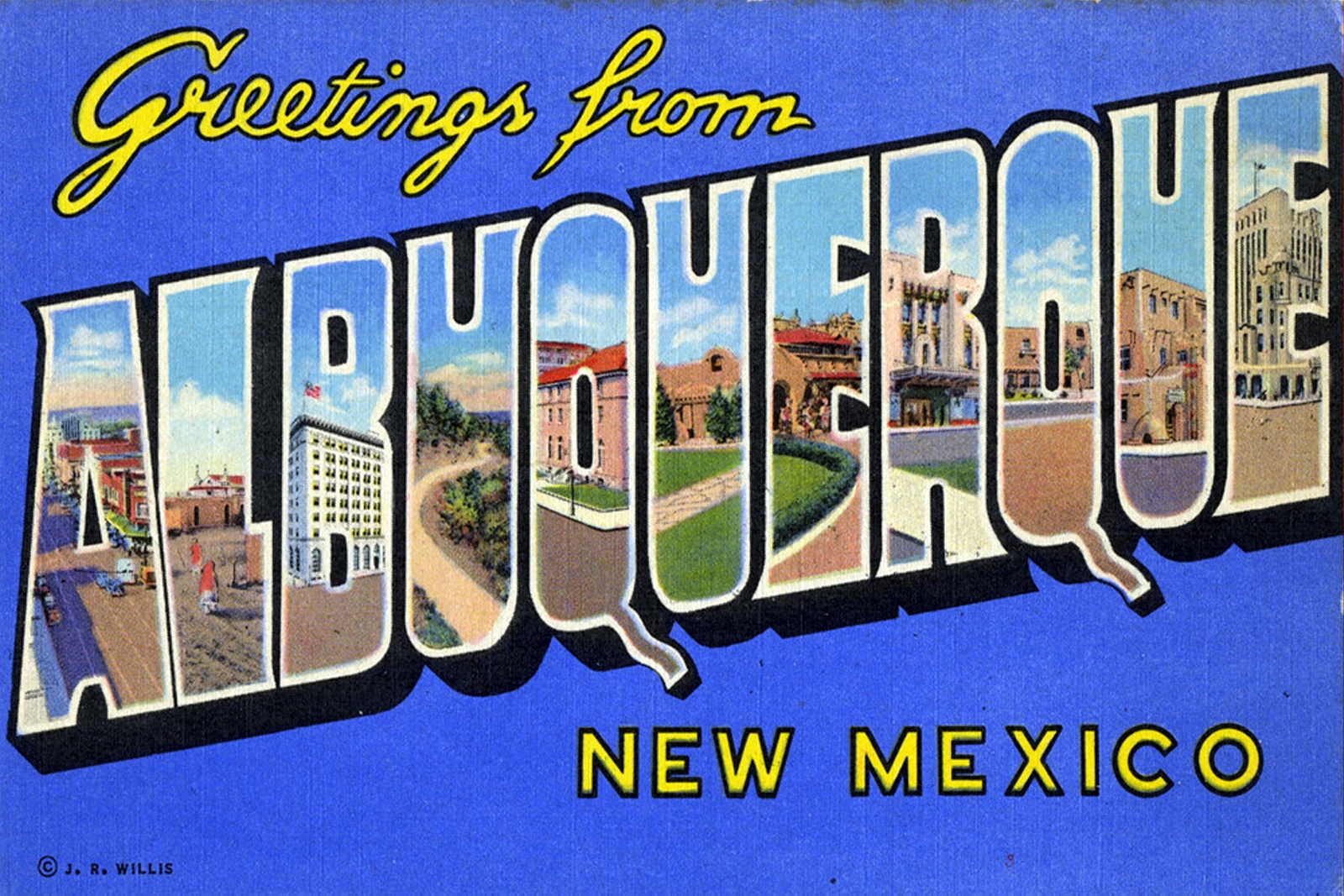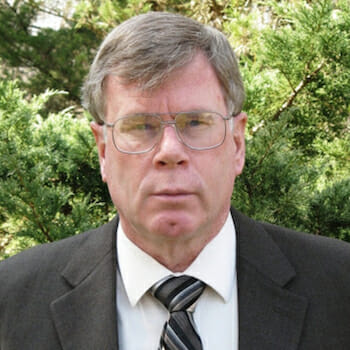
Albuquerque Mayoral Candidates Clash Over Sanctuary City Policy
ALBUQUERQUE, New Mexico – Albuquerque Mayor Tim Keller believes he has earned a third term. The November 4th election suggested otherwise. Of roughly 130,000 ballots cast, more than 64 percent of voters chose someone else, scattering their support among five challengers. Of those votes against Keller, former Bernalillo County Sheriff Darren White captured nearly half. The contest now moves to a December 9th run-off between Keller and White.
Their differences were on display during the October 22nd televised debate. At about the 43-minute mark, Darlene Melendez of KOAT posed a question: “Do you believe that Albuquerque should be a sanctuary city, and would you direct Albuquerque city employees, including law enforcement officers, to cooperate with federal immigration authorities and to assist them with operations?”
White answered first. “I don’t believe that Albuquerque should be a sanctuary city, and I have been very outspoken about this,” he said. “We have enough criminals of our own…I am talking about people who are here in our country illegally and who commit crimes…that information should be turned over to Immigration.” He went on to cite the Obama-era Secure Communities program, saying it “said that people who were here illegally and commit crimes should be turned over to ICE and let them make the determination on whether they should be deported or not…people who are being charged with crimes like violent crimes, human trafficking, drug trafficking.”
He was followed by Mayling Armijo, a candidate who framed the issue in terms of both compassion and enforcement. “…I am immigrant-friendly, but I am not criminal-friendly,” she said. “Darren is right, if you committed a crime and you are an illegal, we need to collaborate with our federal agencies. There is no reason to put them through the revolving door when we have federal partners that want to handle this problem for us.”
As the daughter of an immigrant, Armijo spoke with personal authority on immigration policy, just as White—after years in law enforcement—spoke with authority on public safety. When two candidates with different biographies arrive at the same position, it gives their argument added weight.
Then came Keller. “Well, our policy is pretty straightforward, and it’s a policy I have been behind for eight years,” he said. “It says our city will not work with ICE in any way, and that includes our police department. It also says that we won’t track information. So, we don’t collect any data from anyone on their status…This also means we can tell the federal government you can have all the information we have, because we don’t collect it. That’s why we are able to protect our funding at the same time [as we] protect our families…our police department will arrest anyone doing something illegal. If you are committing a violent crime, we will arrest you for a violent crime.”
Keller, slightly laughing, doubled down on that approach. “We will just not check your status,” he continued. “We are going to arrest you for a violent crime and put you in jail…it’s what we have been doing under my leadership and it’s what we need to do now for the next three and a half years.”
But refusing to collect information on offenders’ immigration status does little to make Albuquerque families safer. Promising to jail potential illegal immigrants without a thorough status check does not reduce an already overcrowded jail population. It simply shifts the burden onto Albuquerque and Bernalillo County taxpayers, who pay to house people who, under federal law, may not be entitled to remain in the country—only to see them eventually return to local streets. Having served as a supervisor at the Bernalillo County Detention Center, I know how crucial it is to understand inmates’ backgrounds and to ensure they are not running gang or recruitment operations from inside the facility.
The stakes extend beyond the city’s walls. Whatever Americans think of Trump’s war on seaborne drug shipments from South America, one reality is hard to ignore: Colombian and Venezuelan cartels are increasingly reliant on Mexican partners for overland routes. Interstate 25 begins just a few miles from the Mexican border and then marches north, intersecting with east–west I-40 in Albuquerque, I-70 in Denver, and I-80 in Cheyenne—an ideal spine for moving narcotics into the interior of the United States.
Against that backdrop, Keller’s own words take on added significance. The policy he laughingly defends—refusing cooperation with ICE and declining to track immigration status—has helped turn Albuquerque into a central distribution node for drugs coming from Mexico. Last April’s record haul of 2.7 million fentanyl pills in a single operation left little doubt about the city’s role in the national drug crisis.
Keller also leans heavily on the phrase “my leadership.” But leadership is more than a slogan. True leaders confront hard problems honestly and search for effective solutions. Dysfunctional managers, by contrast, downplay the problems they helped create and appear indifferent to the consequences for others. In this case, Keller’s sanctuary-style policy has coincided with Albuquerque’s deepening crime and drug challenges, yet he has pledged to stay the course “for the next three and a half years.”
On November 4th, a majority of Albuquerque voters concluded that Keller was not the best person to lead the city. As they return to the polls for the December run-off, they will have to decide whether the mayor’s approach to public safety and immigration has earned another term—or whether it is time for a different vision of leadership in Albuquerque.
